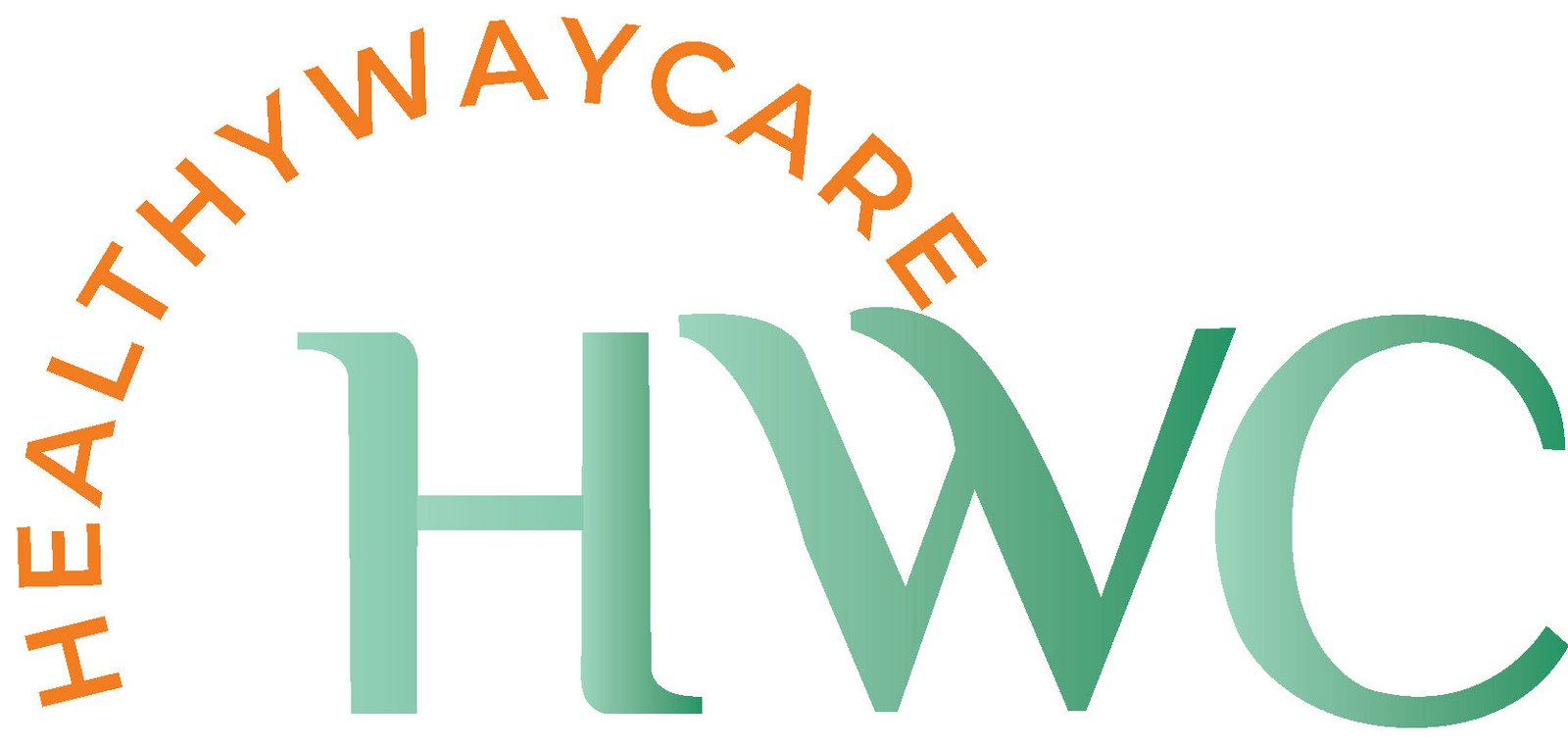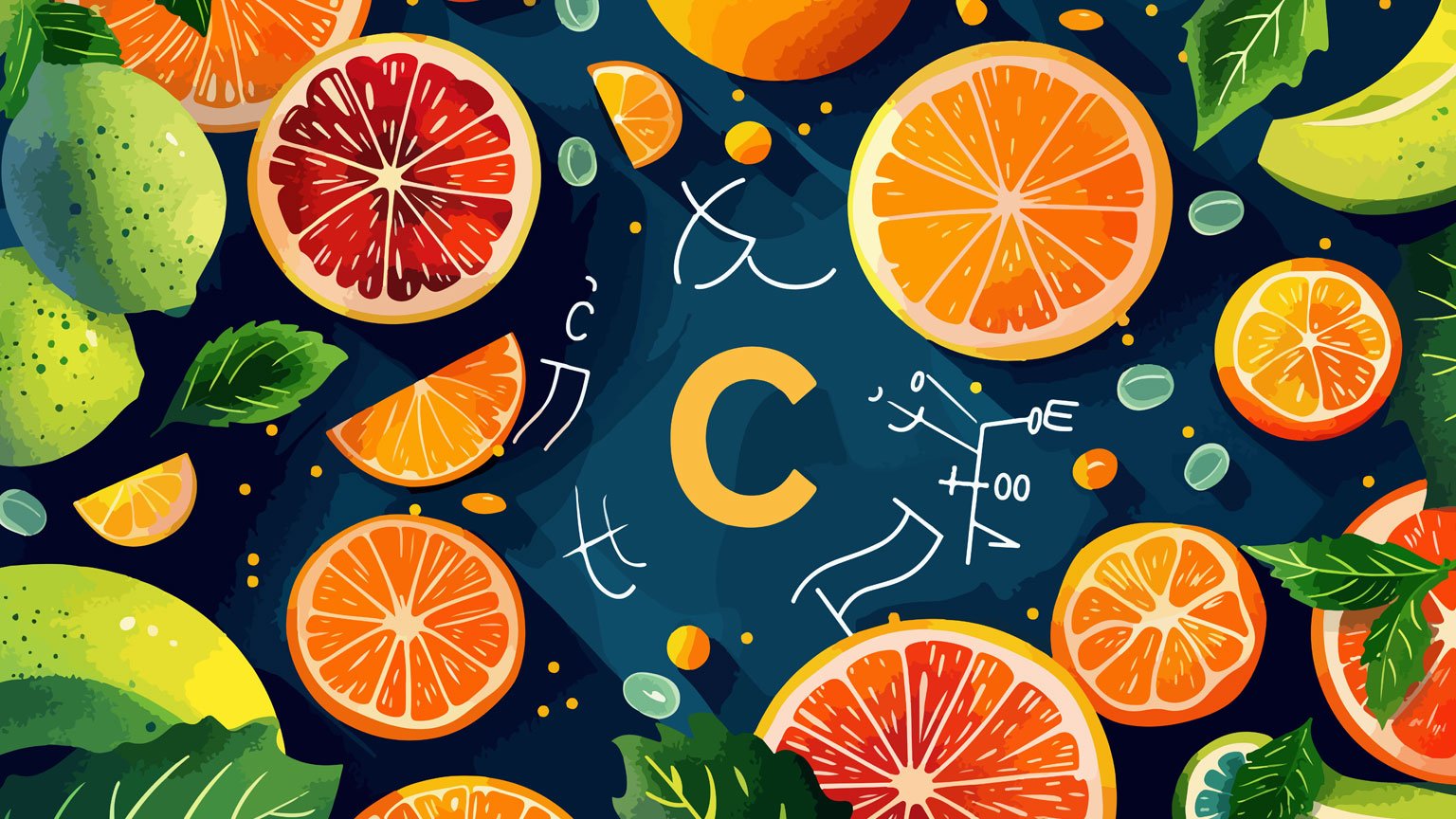Vitamin C benefits for immunity include strengthening the immune system, reducing infection severity, supporting faster recovery, and protecting the body from oxidative stress.
Vitamin C is one of the most important nutrients for a strong immune system and overall health. It plays a key role in protecting the body against infections, supporting wound healing, and acting as a powerful antioxidant. Vitamin C deficiency is still common due to poor diet, stress, and lifestyle factors. This guide explains vitamin C benefits for immunity, deficiency symptoms, food sources, and how to use it safely.
Table of Contents
What Is Vitamin C?
Vitamin C, also known as ascorbic acid, is a water-soluble vitamin that the human body cannot produce on its own. It must be obtained daily through food or supplements.
Vitamin C is essential for:
- Immune cell function
- Collagen production
- Iron absorption
- Antioxidant protection
Because it is water-soluble, excess vitamin C is usually excreted through urine.

To better understand immunity and nutrition, read our detailed guide on
what are vitamins and how they work
in the human body.
Key Vitamin C Benefits for Immunity
1. Strengthens the Immune System
Vitamin C supports the production and function of white blood cells, which help the body fight infections. Adequate intake may reduce the severity and duration of common illnesses.
2. Acts as a Powerful Antioxidant
Vitamin C protects cells from oxidative stress caused by free radicals, which can weaken immunity and contribute to chronic diseases.
3. Supports Faster Recovery
Vitamin C plays a role in tissue repair and wound healing. It helps the body recover faster from infections, injuries, and surgeries.
4. Improves Iron Absorption
Vitamin C enhances the absorption of non-heme iron (from plant foods), helping prevent iron-deficiency anemia, which can weaken immunity.
5. Supports Skin and Barrier Defense
Healthy skin is the body’s first line of defense. Vitamin C supports collagen production, keeping skin strong and resilient against infections.
Vitamin C Deficiency Symptoms
Vitamin C deficiency can develop when dietary intake is consistently low.
Common Vitamin C Deficiency Symptoms
- Frequent colds or infections
- Fatigue and weakness
- Bleeding gums
- Slow wound healing
- Dry or rough skin
Severe Deficiency (Scurvy)
- Joint pain
- Tooth loss
- Swollen gums
- Easy bruising
Causes of Vitamin C Deficiency
Vitamin C deficiency may occur due to:
- Poor intake of fruits and vegetables
- Smoking or alcohol use
- Chronic illness
- Malabsorption disorders
- Increased physical or mental stress
Best Vitamin C Food Sources
Natural Vitamin C-Rich Foods
- Oranges and citrus fruits
- Lemons and limes
- Guava
- Kiwi
- Strawberries
- Papaya
Vegetables High in Vitamin C
- Bell peppers
- Broccoli
- Tomatoes
- Spinach
- Cabbage
👉 Fresh, raw foods retain more vitamin C than cooked foods.
These vitamin c benefits for immunity are especially important for people with frequent infections or weak immune systems.
Vitamin C and Immunity During Illness
Vitamin C does not prevent all infections, but adequate intake:
- Supports immune response
- May shorten cold duration
- Helps reduce inflammation
People under physical stress, frequent illness, or recovery phases may benefit from optimal vitamin C intake.
Vitamin C Supplements: Are They Necessary?
Vitamin C supplements may be helpful when:
- Dietary intake is insufficient
- Immune demand is increased
- Recovery from illness or surgery
Common Forms
- Tablets or capsules
- Chewable vitamin C
- Effervescent vitamin C
👉 Supplements should not replace a healthy diet.
You may also read our guide on
vitamin D deficiency symptoms and benefits
to understand how vitamin deficiencies affect immunity.
Recommended Daily Intake
| Group | Daily Vitamin C Requirement |
|---|---|
| Adult men | 90 mg |
| Adult women | 75 mg |
| Smokers | +35 mg extra |
| Pregnant women | As advised by doctor |
Can Too Much Vitamin C Be Harmful?
Excessive intake may cause:
- Stomach upset
- Diarrhea
- Abdominal cramps
- Kidney stone risk (high doses)
⚠️ Avoid megadoses without medical advice.
Who Needs More Vitamin C?
People who may require higher intake:
- Smokers
- Elderly individuals
- People with frequent infections
- Individuals with poor diet
- People under high stress
According to the National Institutes of Health (NIH), vitamin C plays a vital role in immune defense and antioxidant protection.
Frequently Asked Questions (FAQs)
Is vitamin C good for immunity?
Yes, vitamin C plays a crucial role in immune defense and recovery.
Can vitamin C prevent colds?
It may reduce duration and severity but does not fully prevent colds.
Is vitamin C safe for daily use?
Yes, within recommended limits.
Can vitamin C be taken with other vitamins?
Yes, vitamin C works well with vitamin D, zinc, and iron.
Conclusion
Vitamin C is essential for a strong immune system, faster healing, and overall health. Regular intake through fruits, vegetables, and proper supplementation can help prevent deficiency and support immune resilience. Maintaining adequate vitamin C levels is especially important during illness, stress, and recovery.
🔒 Medical Disclaimer
This content is for educational purposes only and does not replace professional medical advice. Always consult a healthcare provider before starting supplements.

